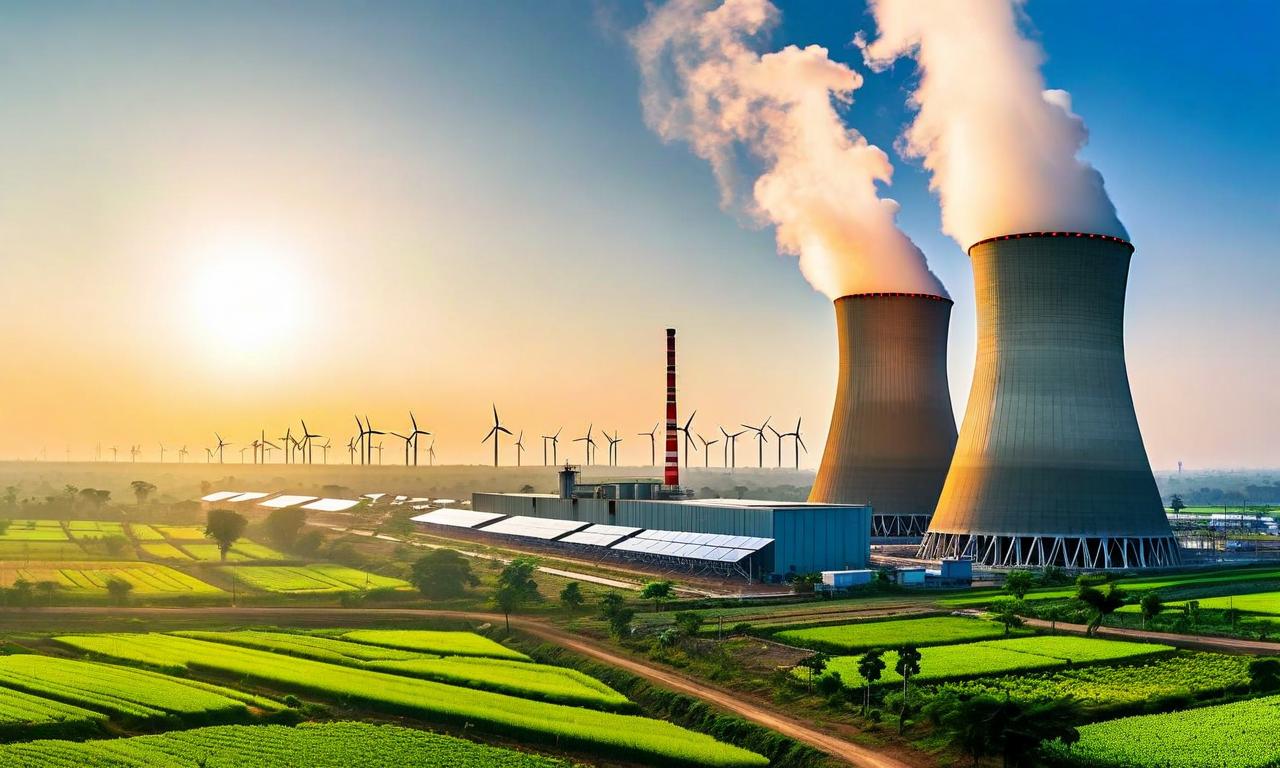OPEC Holds Steady on Oil Demand Forecasts, Citing Robust Economic Growth
OPEC has kept its global oil demand growth projections unchanged for the current and next year, citing resilient economic growth. The OPEC+ group has decided to increase oil output quotas from October, with Saudi Arabia aiming to recapture market share. OPEC+ crude oil production rose by 509,000 barrels per day in August, reflecting earlier decisions to increase quotas. This strategy suggests a balance between meeting anticipated higher demand and considering market share dynamics among members.

*this image is generated using AI for illustrative purposes only.
OPEC, the Organization of the Petroleum Exporting Countries, has maintained its global oil demand growth projections for both the current year and the next, pointing to continued solid economic growth trends.
Economic Outlook Remains Strong
The oil cartel noted that global economic growth has shown resilience in the first six months of the year, underpinning its decision to keep demand forecasts unchanged. This positive economic outlook serves as a foundation for OPEC's expectations of sustained oil demand growth.
OPEC+ Production Increase
In a significant move, the OPEC+ group, which includes OPEC and its allies, has decided to boost oil output quotas starting from October. This decision comes as Saudi Arabia, a key player in the oil market, aims to recapture market share.
August Production Surge
Reflecting earlier decisions to increase quotas, OPEC+ crude oil production saw a substantial rise in August. The group's output climbed by 509,000 barrels per day during the month, indicating a response to anticipated higher demand and strategic market positioning.
Market Implications
The combination of steady demand forecasts and increased production quotas suggests a delicate balance in the oil market. OPEC's confidence in economic growth trends appears to be driving its strategy, as it seeks to meet expected demand while also considering market share dynamics among its members.
As the global economy continues to navigate post-pandemic recovery and geopolitical challenges, OPEC's outlook and production decisions will likely play a crucial role in shaping oil market trends in the coming months.

























